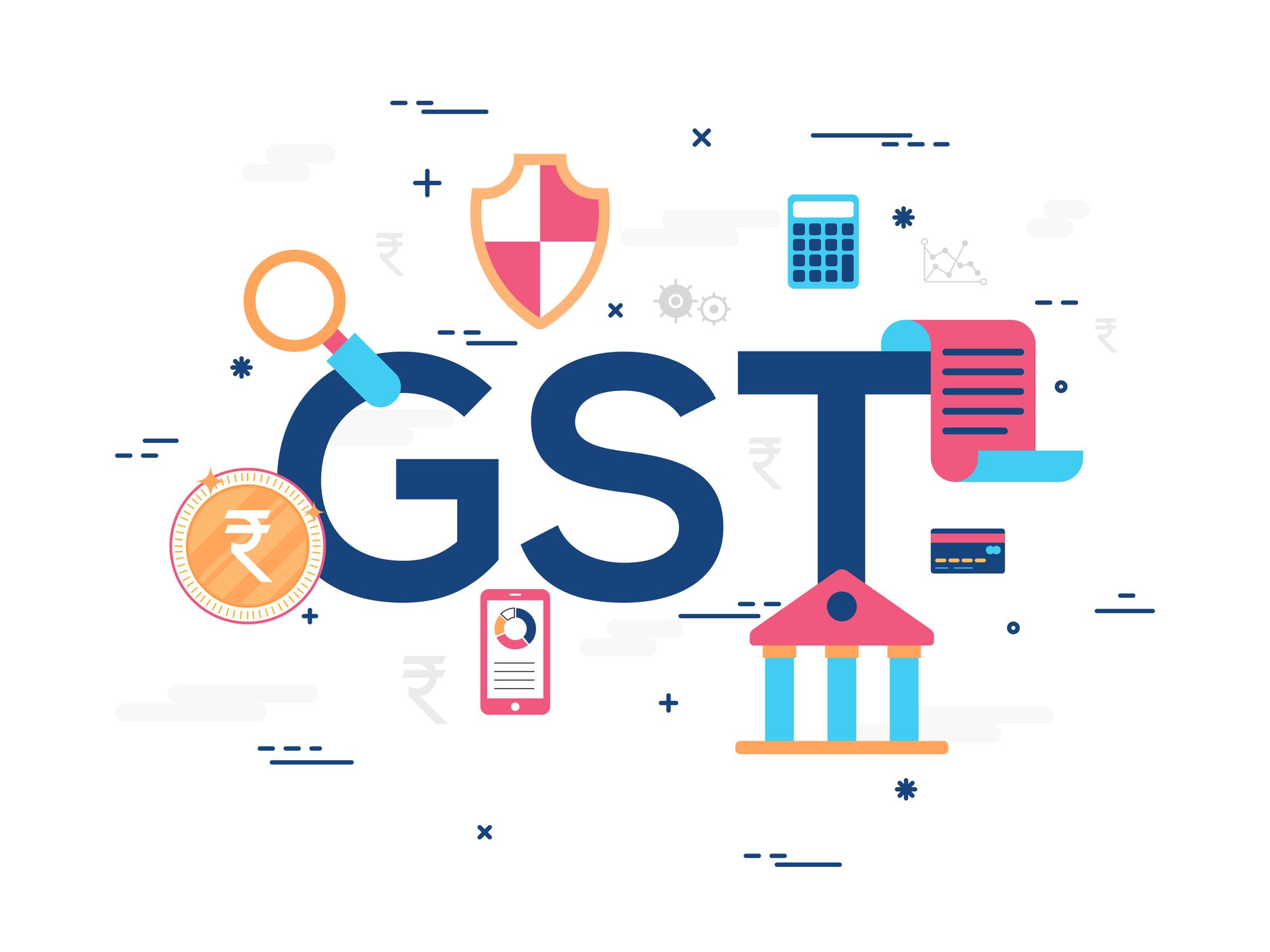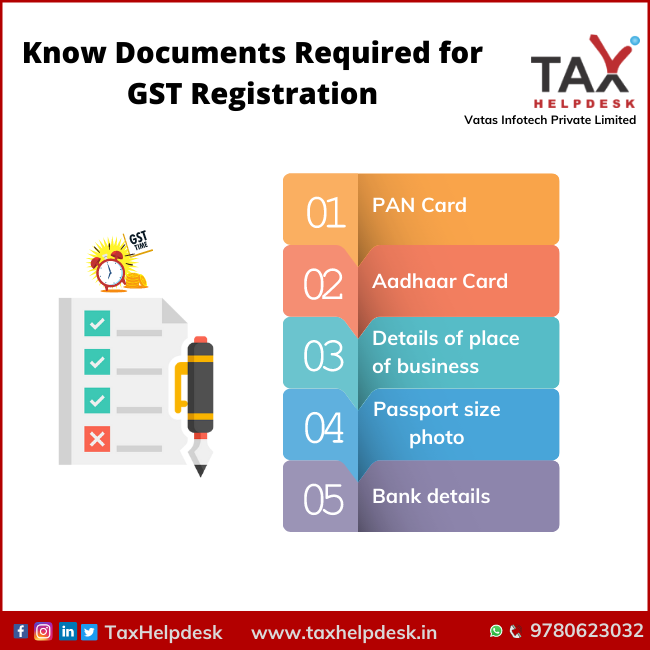Step-by-Step Process for Singapore GST Registration Explained
Step-by-Step Process for Singapore GST Registration Explained
Blog Article
The Ultimate Overview to Simplifying the GST Enrollment Process and Requirements for Small Company Owners

Understanding GST Basics
To comprehend the principles of the Goods and Services Tax Obligation (GST) system, small company proprietors need to initially comprehend its underlying ramifications and concepts. GST is a value-added tax obligation levied on the majority of goods and services for domestic intake. It intends to improve the tax process by changing multiple indirect tax obligations enforced by the state and main federal governments. Under the GST regimen, organizations are required to sign up and accumulate tax obligation in behalf of the federal government, ensuring openness and compliance.
Among the vital principles of GST is input tax credit, which allows businesses to assert credit history for taxes paid on their acquisitions. This mechanism prevents the plunging effect of tax obligations and advertises efficiency in the tax obligation system. In addition, GST is a destination-based tax obligation, meaning that the tax obligation is imposed at the point of usage instead of the factor of origin. This ensures reasonable circulation of tax profits amongst states based upon where the solutions or goods are eaten. Recognizing these basic principles is important for little service proprietors to navigate the complexities of the GST system and ensure conformity with the legislation.
Qualification Requirements for Enrollment
Having established a foundational understanding of GST principles, tiny company owners should currently satisfy specific qualification standards to continue with the enrollment process (Singapore GST Registration). Companies that were signed up under the previous tax program (BARREL, service tax, etc) are also mandated to register under GST. Farming companies that just provide produce out of key manufacturing are exempt from GST enrollment.
Papers Required for GST Registration

Simplified Enrollment Refine Steps
Following the collection and verification of the requisite papers, the enrollment process for GST can be navigated with a collection of streamlined steps made to facilitate effective compliance for tiny company owners. Upon successful verification, an Application Recommendation Number (ARN) is issued, suggesting the completion of the GST enrollment procedure. By complying with these streamlined steps, little company owners can effectively register for GST and ensure conformity with tax policies.
Tips for Ensuring Conformity
To keep regulative adherence and functional integrity, persistent oversight and aggressive actions are crucial in making certain conformity with GST requirements for little business proprietors. Little organization proprietors must stay updated with GST policies, submitting target dates, and any adjustments in tax prices to avoid penalties and keep an excellent standing with tax obligation authorities. Going to GST awareness workshops or training programs can improve understanding and compliance with GST regulations, inevitably why not find out more profiting the company in the lengthy run.
Conclusion
To conclude, small company proprietors should understand the basics of GST, meet the eligibility requirements, gather needed records, and comply with the look these up simplified enrollment procedure actions to make sure conformity. By streamlining the GST registration procedure and requirements, small company proprietors can avoid charges and operate their organizations efficiently within the lawful framework - Singapore GST Registration. It is essential for small company proprietors to stay educated and compliant with GST policies to maintain an effective organization procedure
Little organization proprietors seeking GST enrollment should guarantee they gather and send the needed records to finish the enrollment process successfully. The records required for GST registration typically include proof of organization enrollment or unification, PAN (Irreversible Account Number) card of the organization address, identity and entity proof of the promoters/partners/directors, pictures, address evidence of the location of service, financial institution account declarations or terminated cheques, and authorization forms. Attending GST understanding workshops or training programs can enhance continue reading this understanding and conformity with GST policies, inevitably benefiting the service in the lengthy run.
By streamlining the GST registration procedure and requirements, little service proprietors can stay clear of fines and run their companies smoothly within the lawful framework. It is vital for small service owners to remain compliant and enlightened with GST policies to preserve a successful business procedure.
Report this page